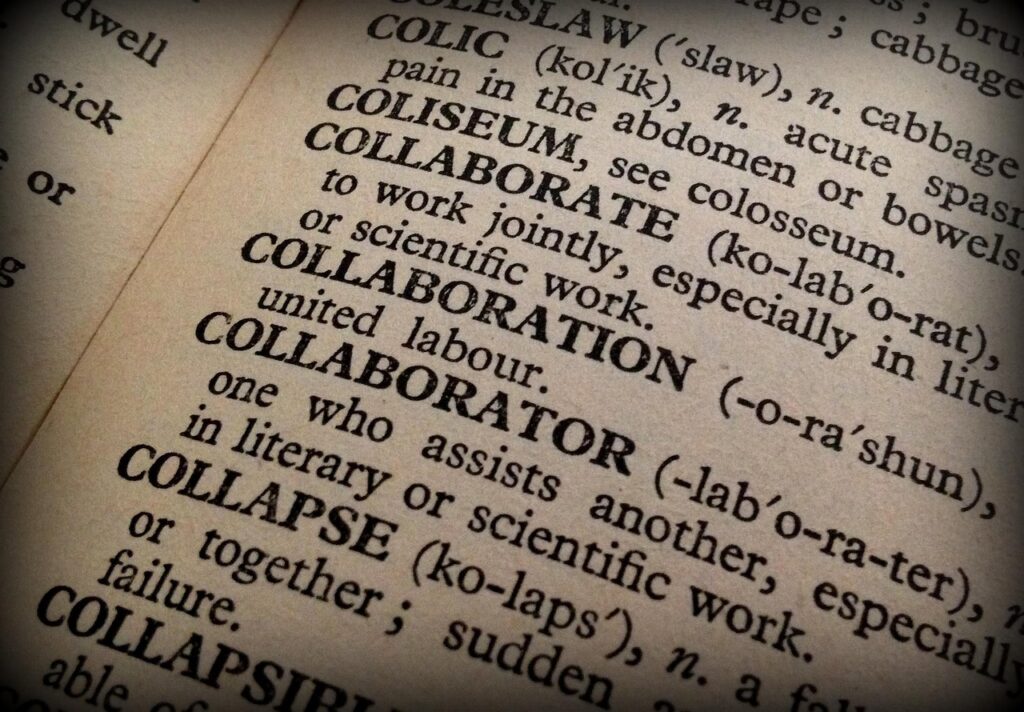Have you ever felt a bit lost in the sea of legal jargon when dealing with a notary? The world of notarization has its own unique language, often steeped in centuries-old traditions. Let’s unravel some of the common terms and phrases you might encounter, making your next notary visit a smoother experience.
Key Notary Terms Demystified
- Notary Public: This is the official title of the person authorized to perform notarial acts. Think of them as an impartial witness, verifying the identity of individuals signing documents and ensuring their signatures are genuine.
- Notarization: This is the actual process of having a document officially witnessed and certified by a notary public.
- Acknowledgment: This is one of the most frequent acts performed by notaries. When you “acknowledge” a document, you are declaring to the notary that you signed the document willingly and are aware of its contents.
- Jurat: Another type of notarial act, a jurat involves you swearing or affirming under oath that the information in the document is true and correct.
- Affidavit: This is a written statement made under oath, typically used as evidence in legal proceedings. The notary’s role is to witness you signing the affidavit and administer the oath.
- Oath: A solemn promise, often invoking a higher power, to tell the truth.
- Affirmation: A solemn declaration, without religious connotations, to tell the truth.
- Seal: The notary’s official stamp or embossed emblem, used to authenticate documents.
- Commission: The official document that grants a notary the authority to perform notarial acts.
- Venue: The location where the notarization takes place, typically noted on the notarial certificate.
- Notarial Certificate: This is the official statement attached to the document, detailing the notarial act performed, date, location, and the notary’s signature and seal.
Navigating Notary Phrases
Here are a few phrases you might hear from a notary:
- “Please state your name for the record.” The notary is simply asking you to confirm your identity.
- “Do you acknowledge that you signed this document freely and voluntarily?” This is part of the acknowledgment process, confirming your intent.
- “Do you swear or affirm that the information in this document is true and correct?” This is used when administering an oath or affirmation for a jurat.
- “Please raise your right hand.” This is a traditional gesture associated with taking an oath or affirmation.
- “Please sign here in my presence.” The notary needs to witness you signing the document.
Why Does it Matter?
Understanding the language of notaries empowers you to navigate the notarization process with confidence. It helps to prevent misunderstandings, ensures your documents are properly executed, and safeguards against fraud.
Ready for a Seamless Notary Experience?
At Premier Notary and Fingerprinting, we believe in clear communication and client education. We take the time to explain the notarization process, answer your questions, and ensure you feel comfortable every step of the way. Whether you need an acknowledgment, jurat, or any other notarial service, our team is here to assist you with professionalism and expertise.
Contact us today to schedule your appointment or to learn more about our comprehensive notary services.
Call to action: Contact us now at 407-801-0542
or book an appointment to experience the Premier difference!
Recommended link: The Notary’s Dictionary: Unraveling the Jargon

